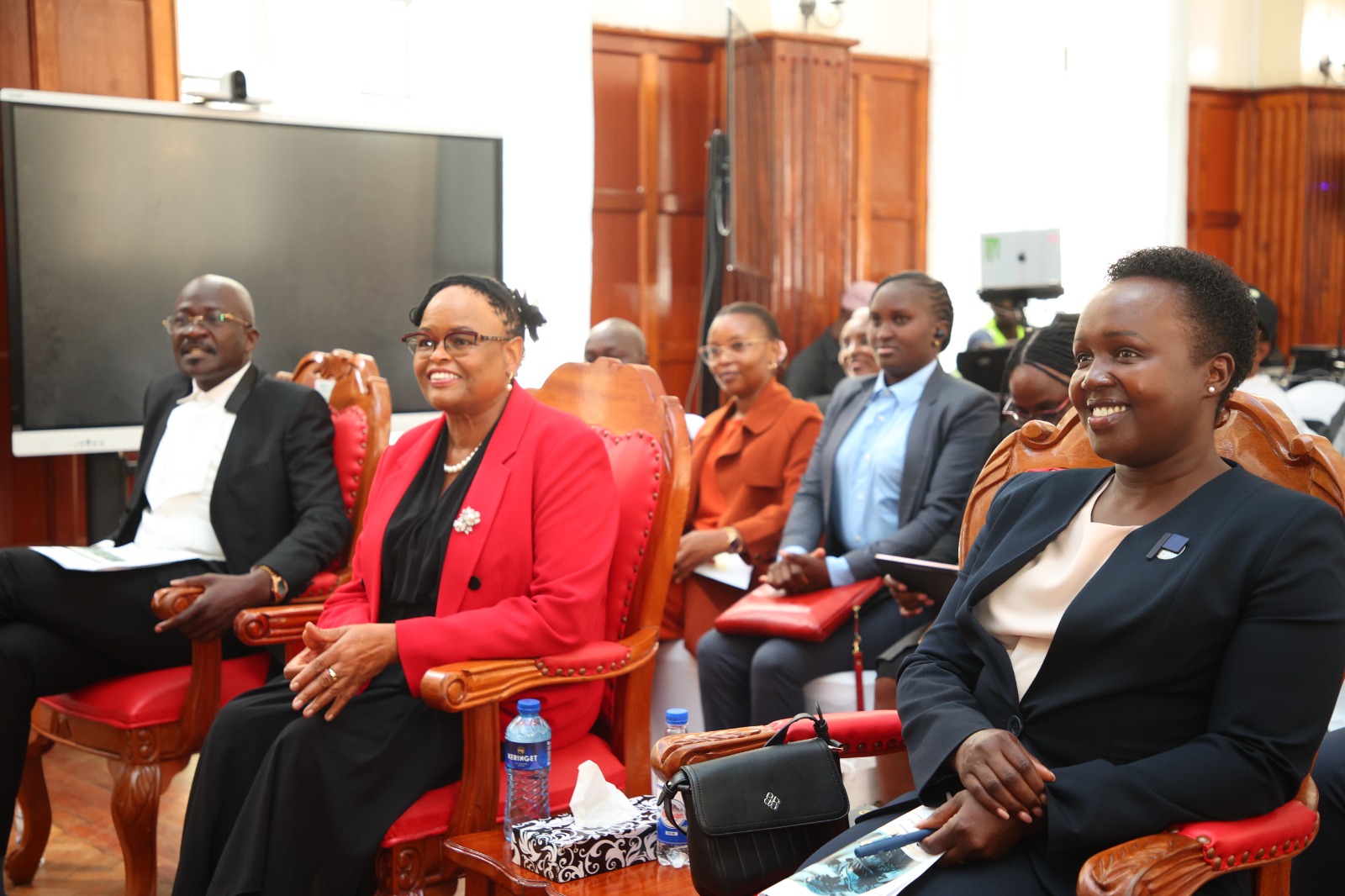
The CJ spoke during the Milimani Chief Magistrate Family Court Open Day, themed “Bridging the Gap: Enhancing Access to Justice through Collaboration".
Koome emphasized the need for a justice system that is accessible, inclusive, and responsive to the lived realities of families.
She noted that this vision aligns with the role of Court Users Committees (CUCs), which serve as platforms for sustained dialogue, coordination, and joint problem-solving between the Judiciary and stakeholders.
Acknowledging that the Judiciary cannot deliver justice in isolation, CJ Koome highlighted that family justice requires collaboration among a broad range of actors.
The actors, she said, include children’s officers, probation officers, advocates, mediators, psychologists, religious and community leaders, and civil society organizations.
She underscored the importance of establishing dedicated family courts for both the Chief Magistrates’ and High Courts.
“Family disputes are not merely legal problems, but emotional, social, and often trauma-laden issues that deeply affect the family unit, the foundation of society,’’ he said.
Before the establishment of these courts, family-related cases were handled within general civil registries, often leading to significant delays, backlogs, and outcomes that did not reflect the sensitive nature of family dynamics, she explained.
The Chief Justice said the creation of dedicated family courts is a reformative step that enhances access to justice, particularly for vulnerable groups such as children, women, and the elderly.
She pointed to the Milimani Chief Magistrate’s Family Court, established in 2023, as a flagship model of these reforms.
The court complements the work of the Family Division of the High Court, which has existed since 2003 and has already made a significant impact by improving case management and access to timely justice.
“In its inaugural year, the court recorded 2,383 new case filings and impressively concluded 2,355 cases, demonstrating a strong commitment to efficiency and effective service delivery from the outset,” she said.
“In 2024,
performance continued to rise, with 2,960 cases filed and 3,308 concluded — a
figure that includes both new cases and those carried over from previous years.
In 2025, the court received 909 new filings and concluded 965 cases.”
CJ Koome said the Family Court Open Day is a timely and noble initiative that aims to bridge the gap between the court and the public while offering a platform to educate the public about its operations, services, and processes.
“It offers a space for engagement with our stakeholders — an opportunity to listen, receive feedback, and reflect on how we can better serve families in their time of need,” she added.
She also called for the continued use and promotion of Alternative Dispute Resolution (ADR) mechanisms — including mediation and Alternative Justice Systems (AJS) — in resolving family disputes.
Justice Everlyne Olwande, Head of Station at the court and a Commissioner at the Judicial Service Commission, said the family court has embraced ADR approaches that allow for win-win outcomes and help parties find common ground to resolve their disputes amicably.
“Additionally, our approach incorporates local customs, traditions, and community-based ways of resolving conflicts, recognizing that justice is not merely about applying the letter of the law, but also respecting the cultural values that guide how people live and interact,” Olwande explained.











